Disability

Call us today for a free initial consultation on 0800 772 0341

Is it easy to prove a disability in the workplace?
| by Robert Rocker
What is the definition of disability?

Is depression classed as a disability?
| by Robert Rocker
When does a mental health condition become a disability?

What is a disability?
| by Robert Rocker
The definition of disability under the Equality Act 2010
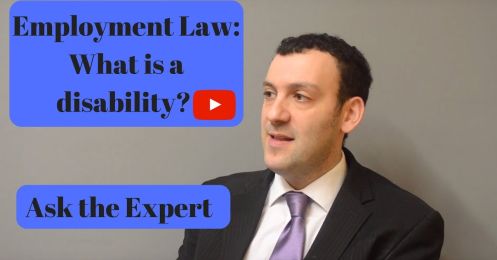
What is a disability?
| by Nick Singer
A person is disabled if they have a physical or mental impairment which has a substantially adverse and long-term effect on their ability to carry out normal day-to-day activities. In the workplace such activities are taken to include things like using a telephone or computer, interacting with colleagues, following instructions, driving and carrying everyday objects.

Can you justify disability discrimination?
| by Nick Singer
Are there occasions when treating someone unlawful because of their disability lawful in an employment tribunal?
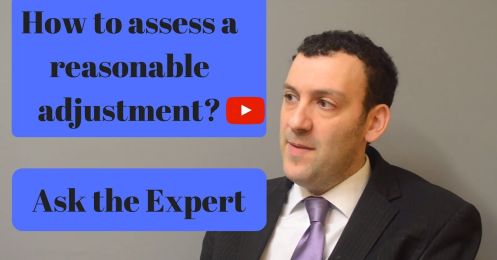
How do you assess what a reasonable adjustment is?
| by Nick Singer
Under the Equality Act 2010 an employer has a duty to take make reasonable adjustments when a workplace feature or practice puts a worker or job applicant with a disability at a disadvantage.
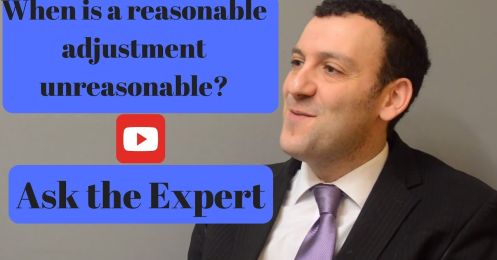
When is a reasonable adjustment unreasonable?
| by Nick Singer
The employer has a duty to make reasonable adjustments when they have knowledge about their employee's disability.
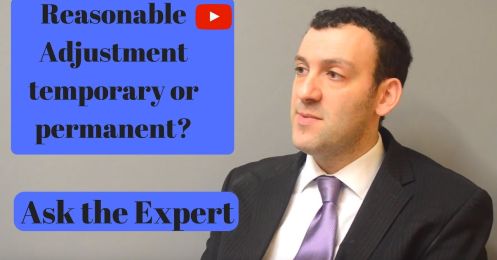
Reasonable adjustment temporary or permanent?
| by Nick Singer
The Equality Act 2010 places a duty on all employers to make ‘reasonable adjustments’ to accommodate the needs of their disabled employees and any disabled job applicants
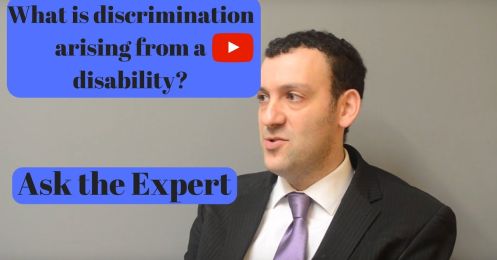
What is discrimination arising from disability?
| by Nick Singer
Discrimination arising out of a disability is where an employer treats their employee unfavourably because of something arising in consequence of that employee’s disability and the employer cannot show that the treatment is a proportionate means of achieving a legitimate aim.
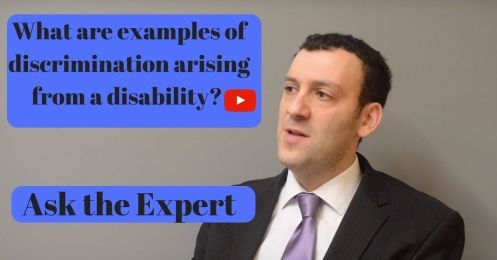
What are examples of discrimination arising from a disability?
| by Nick Singer
Discrimination arising from or as a consequence of a disability is a concept which often catches employers out at an employment tribunal and below is a few examples: 1. Dismissing an employee for disability-related absences

What are some examples of unfavourable treatment?
| by Nick Singer
The Equality Act 2010 makes it illegal to treat an employee unfavourably for something arising out of a disability.

Can unfavourable treatment be justified?
| by Nick Singer
Discrimination for something arising out of or as a consequence of a disability?
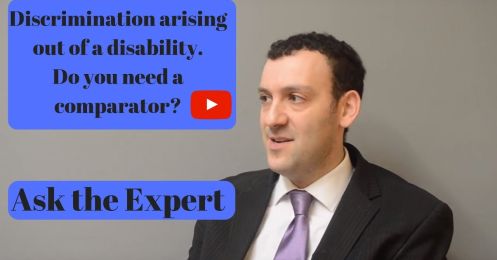
Discrimination arising out of a disability, do you need a comparator?
| by Nick Singer
Do you need to have a comparator in cases like these?
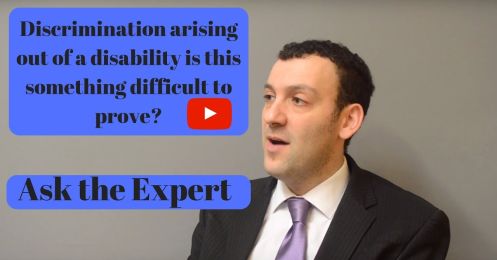
Discrimination arising out of a disability, is this something difficult to prove or establish?
| by Nick Singer
It really just depends on the facts and sometimes it's so obvious that everyone agrees and accepts it and you just argue about the justification but at other times it can be extremely difficult.
